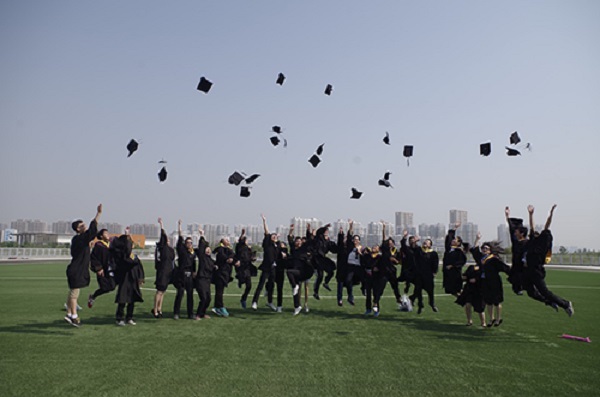Education research has centered historically on learning from high performing systems in North America and Europe, and more recently, systems in South East Asia. According to Professor Brahm Fleisch, Professor of Education Policy at the University of the Witwatersrand, Johannesburg, globalization is expanding that approach.
In a new interview in The Global Search for Education with C.M. Rubin (Founder of CMRubinWorld), Fleisch explains that both the Global North and the Global South face substantial challenges for learners but that they are very different. In the North, the focus is on students acquiring higher order learning skills, while in the South, where many children have just recently gained access to school, the problem is that they’re “not learning to read, write, and become numerate.”
Findings from the latest research in the Global South education systems is that “combined and structured intervention programs need to focus on early grade learning, particularly in areas of literacy in local languages and second language.” Fleisch discusses the “emergence of a new knowledge base” from the Global South” based on research that illustrates what’s working well for schools “in resource-constrained contexts with limited professional capital.” He notes that unlike “the methodological orientation” of the Global North, the research from the South is “increasingly building on the accumulation of findings on robust models using large-scale randomised trials.”
Read the Interview here
Brahm Fleisch is Professor of Education Policy and Head of the Division of Educational Leadership, Policy and Skills, The University of the Witwatersrand, Johannesburg. His work is featured in a new book, Future Directions of Educational Change (edited by Helen Janc Malone, Santiago Rincón-Gallardo, and Kristin Kew; Routledge, 2018), which brings together timely discussions on social justice, professional capital, and systems change from some of the leading global scholars in the field of education.
CMRubinWorld launched in 2010 to explore what kind of education would prepare students to succeed in a rapidly changing globalized world. Its award-winning series, The Global Search for Education, is a highly regarded trailblazer in the renaissance of 21st century education, and occupies a widely respected place in the pulse of key issues facing every nation and the collective future of all children. It connects today’s top thought leaders with a diverse global audience of parents, students and educators. Its highly readable platform allows for discourse concerning our highest ideals and the sustainable solutions we must engineer to achieve them. C. M. Rubin has produced over 500 interviews and articles discussing an extensive array of topics under a singular vision: when it comes to the world of children, there is always more work to be done.
For more information go to CMRubinWorld
Follow @CMRubinWorld on Twitter
Source: CMRubinWorld

